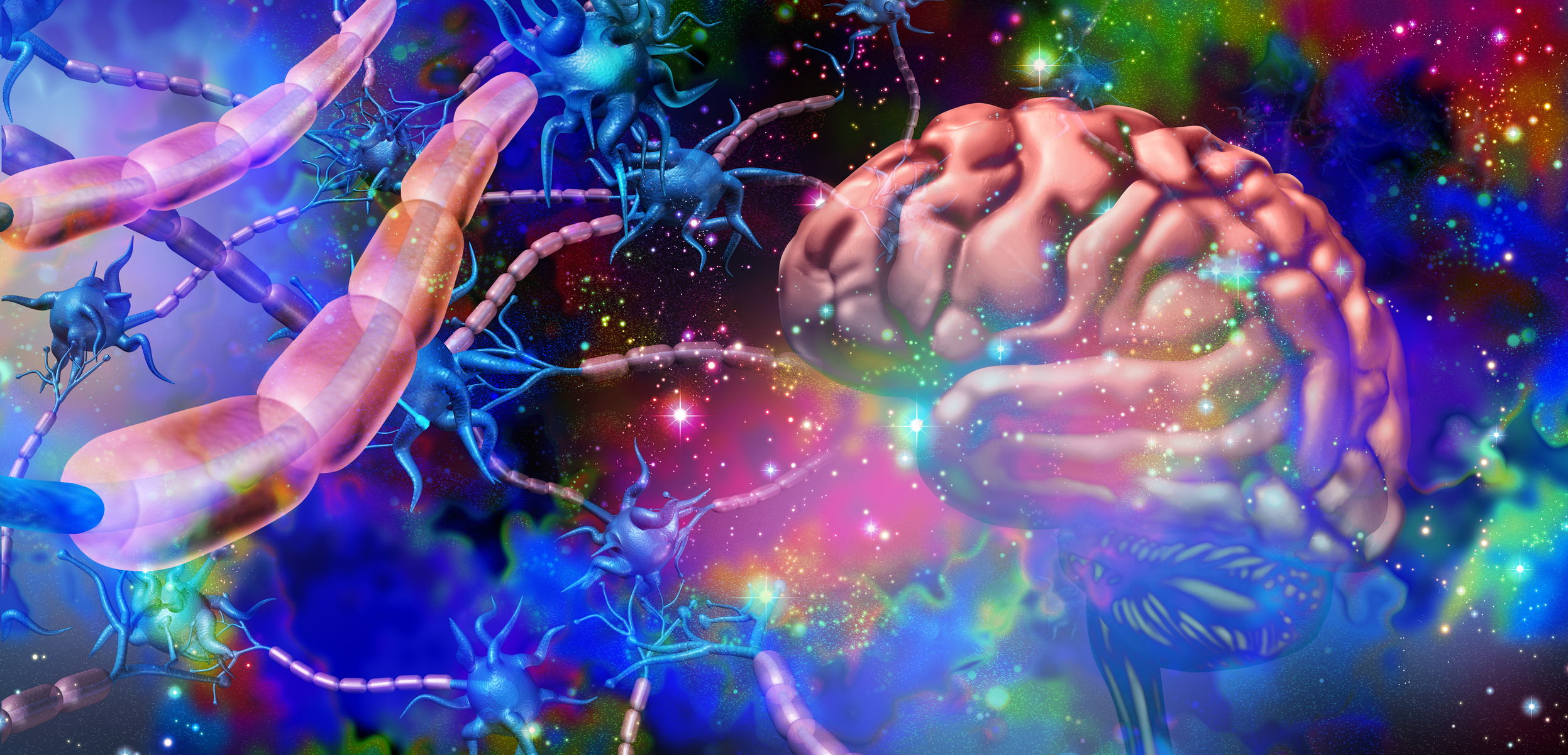Ethanol exposure during gestation is an early life stressor that profoundly dysregulates structure and functions of the embryonal nervous system, altering the cognitive and behavioral development. Such dysregulation is also achieved by epigenetic mechanisms, which, altering the chromatin structure, redraw the entire pattern of gene expression. In parallel, an oxidative stress response at the cellular level and a global upregulation of neuroendocrine stress response, regulated by the HPA axis, exist and persist in adulthood. This neurobehavioral framework matches those observed in other psychiatric diseases such as mood diseases, depression, autism; those early life stressing events, although probably triggered by specific and different epigenetic mechanisms, give rise to largely overlapping neurobehavioral phenotypes. An early diagnosis of prenatal alcohol exposure, using reliable markers of ethanol intake, together with a deeper understanding of the pathogenic mechanisms, some of them reversible by their nature, can offer a temporal “window” of intervention. Supplementing a mother’s diet with protective and antioxidant substances in addition to supportive psychological therapies can protect newborns from being affected.Copyright © 2020 Elsevier Ltd. All rights reserved.
Alcohol as an early life stressor: epigenetics, metabolic, neuroendocrine and neurobehavioral implications.


